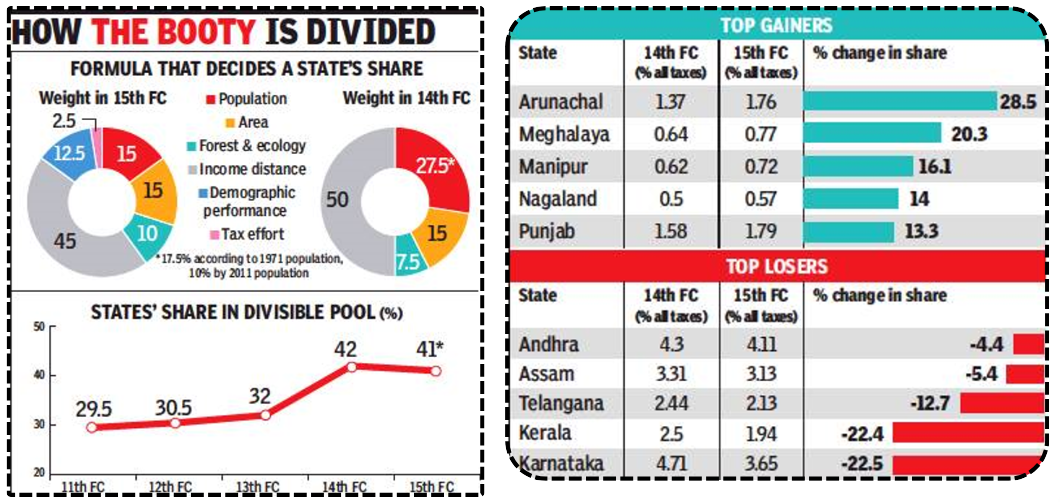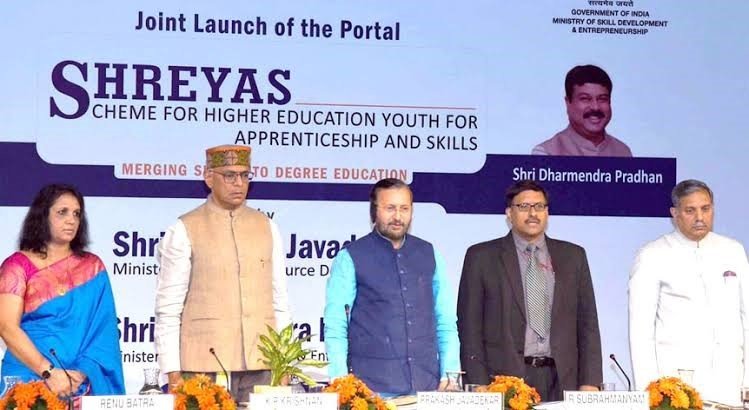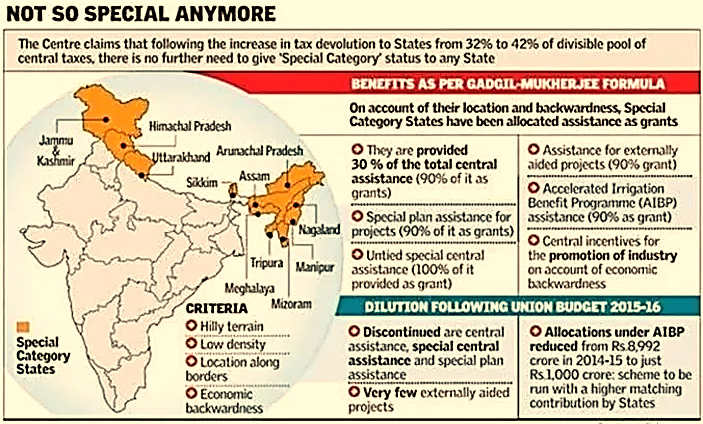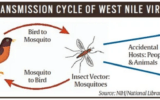
Holistic Progress Card
Subscribers of "Current Affairs" course can Download Daily Current Affairs in PDF/DOC
Subscribe to Never Miss an Important Update! Assured Discounts on New Products!
Must Join PMF IAS Telegram Channel & PMF IAS History Telegram Channel
- Context (IE I TH): The National Council for Educational and Research Training (NCERT) has introduced a new Holistic Progress Card (HPC).
- HPC includes feedback from parents, peers and self-assessment by students to monitor their holistic development regularly.
- It will measure, apart from academic performance, a child’s progress in interpersonal relationships, self-reflection, creativity, and emotional application in classrooms.
- Performance Assessment, Review, and Analysis of Knowledge for Holistic Development (PARAKH), a standard-setting body under the NCERT, has devised the Holistic Progress Card (HPC).

Objective
- The HPC, aligning with National Curriculum Framework for School Education (NCFSE) guidelines, aims for a learner-centred evaluation.
- Traditionally, schools focused on year-end exams, with teachers solely responsible for assessment
- Under the HPC model, the students will be regularly assessed through class activities where they are not just passive learners but active agents.
Key features of the Holistic Progress Card (HPC)
Classes involved
- The HPC is created for the
- Foundational stage (Classes 1 and 2),
- Preparatory stage (Classes 3 to 5), and
- Middle stage (Classes 6 to 8).
- Efforts are currently underway to develop a similar framework for the secondary stage.
Parameters of evaluation
- At every stage, besides academics, students are evaluated on self-awareness, relationships, problem-solving, emotional intelligence, and creativity.
- After each activity, students reflect on their progress by circling statements like “I learned something new,” “I expressed creativity,” or “I helped others.”
- The activities will prompt students to apply diverse skills and competencies that will demonstrate whether they have been able to grasp concepts.
- The difficulty level they experience while performing a task will also be assessed.
Method of evaluation
Self-assessment
- Self-assessment is included in the HPC for all students from Class 1 to Class 8.
- In middle school (Classes 6 to 8), students are prompted to set academic and personal goals with specific timelines at the start of the year.
- The middle stage HPC also involves an “ambition card” where students list their goals for the year and areas for improvement, as well as the skills and habits needed to achieve them.
- “Student’s self-reflection” is part of the HPC for all students from Class 1 to Class 8.
Parental involvement
- The HPC will connect home and school by involving parents in their child’s learning.
- Parents will provide feedback on homework completion, classroom engagement, and the child’s ability to balance screen time with extracurricular activities at home.
Peer evaluation
- The new assessment method also values peer evaluation.
- After each classroom activity, students must indicate whether their classmates effectively participated in learning and engagement.
Teacher’s Role
- Teachers will register the strengths of a student, such as their ability to “collaborate”, “follow instructions”, “show “creativity” or “empathy”, etc.
- Weaknesses like “lack of attention”, “peer pressure”, and “lack of preparation” will help teachers identify areas where students need help.
Digitisation
- The NCERT has plans to digitise the records of schoolchildren on a dedicated platform.
- States are advised to establish a central digital repository of data called the Vidya Samiksha Kendra to track student enrolment and progress in their learning levels, among other details.
- The states, as directed by the NCERT, will have to upload the student HPC online.
Secondary Stage HPC
- NCERT is currently preparing the HPC with inputs from SCERTs and the state and central boards.
- The secondary stage HPC will be exceptional as it will include Board exams as well.
- After consultation with the Boards and SCERT, the secondary stage HPC will be out.
Why was the progress card changed?
- According to the NEP 2020, the HPC is a means to build on the self-awareness and self-esteem of students by communicating their strengths and areas of improvement.
- Instead of testing rote memorisation skills, the HPC focuses on evaluating higher-order skills, such as analysis, critical thinking, and conceptual clarity of students.
- Based on NEP’s recommendation, the National Curriculum Framework for School Education (NCF-SE) was rolled out in 2023.
- The assessment of a student’s progress should be analysed through a systematic collection of evidence.
- NCF-SE also suggests peer and self-assessment to help students monitor their learning.
- Classroom assessment through activities like projects, debates, presentations, experiments, investigations, role plays, etc., for a deeper understanding of a student’s “core competencies”.
Implementation of NCERT Directive
- NCERT wrote to the states and UTs to start implementation of the HPC in schools.
- The Central Board of Secondary Education (CBSE) released its own “implementation manual” for the HPC model of assessment for the foundational stage up to Class 2.
- The Board adopted the HPC with specific tweaks that categorise students aged 3 to 6 into a ‘beginner’, ‘progressing’, or ‘proficient’ category.
- Unlike the NCERT HPC, which is pretty detailed, the CBSE model encourages teachers to mark a student’s level of attainment using neutral icons such as flowers, trees, smileys, etc.
- Progress reports are prepared mainly by teachers in consultation with parents and student inputs.
Significance of HPC
- The HPC goes beyond numerical grades, focusing on descriptive and analytical evaluations.
- It encompasses academic achievements as well as the development of critical skills in a child.
- It promotes a shift from summative to formative assessment, fostering competency-based evaluation and holistic growth.
- It seeks to provide teachers and parents with insights to support each student in learning.




![PMF IAS Environment for UPSC 2022-23 [paperback] PMF IAS [Nov 30, 2021]…](https://pmfias.b-cdn.net/wp-content/uploads/2024/04/pmfiasenvironmentforupsc2022-23paperbackpmfiasnov302021.jpg)











